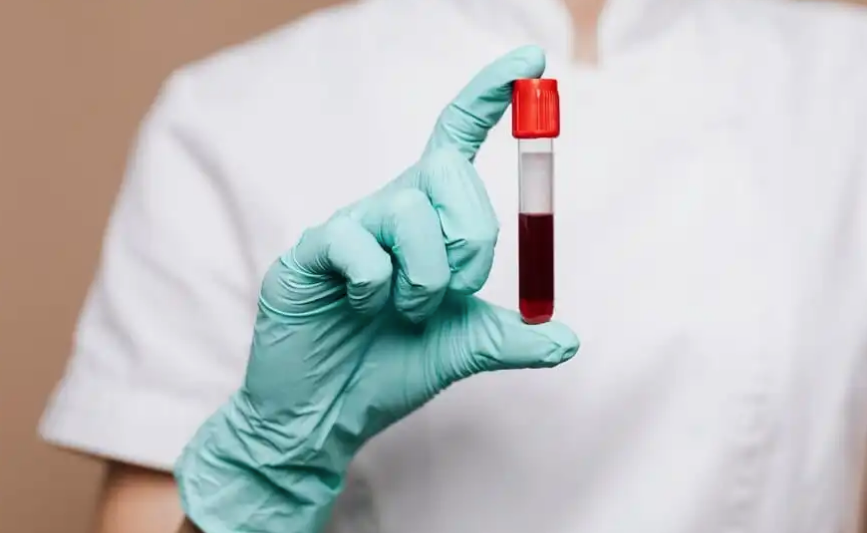
Image credit: shutterstock
An international research collaboration has achieved a significant milestone in Alzheimer's disease (AD) diagnosis and management. The team, spearheaded by Prof. Nancy IP, President and the Morningside Professor of Life Science at the Hong Kong University of Science and Technology (HKUST), and Director of the Hong Kong Center for Neurodegenerative Diseases (HKCeND), has developed a cutting-edge blood test for the early detection of AD and mild cognitive impairment (MCI), surpassing remarkable accuracy rates of over 96% and 87% respectively. Notably, this blood test is applicable across ethnic populations, providing a global solution to the diagnosis and management of AD.
The international research team has demonstrated the robust performance of the blood test in distinguishing individuals with AD and MCI from cognitively normal people, as well as its ability to detect brain amyloid pathology. These findings also highlight the applicability of the test across diverse ethnic and regional boundaries, showcasing its potential for global impact.
Furthermore, unlike existing blood assays that mainly focus on a single biomarker analysis to reveal brain pathology, the HKUST-developed blood test simultaneously measures the levels of 21 proteins (as shown in the graphic below), thus revealing the alterations in multiple crucial biological pathways, and achieving more accurate classification of AD and MCI as well as close monitoring of disease progression. This comprehensive AD profile for each individual opens the door for the future development of tailored treatment approaches for individual patients, known as precision medicine, which can revolutionise the field of AD diagnosis and management.
The research was conducted in collaboration with researchers at University College London (London, UK) and the Barcelonaβeta Brain Research Center (Barcelona, Spain), as well as clinicians from local and overseas hospitals including the Prince of Wales Hospital (Hong Kong) and the Hospital del Mar (Barcelona, Spain).




